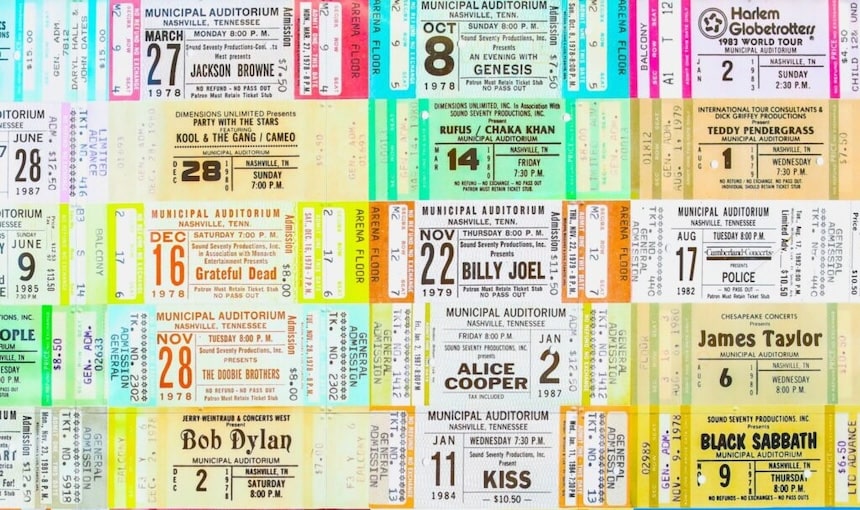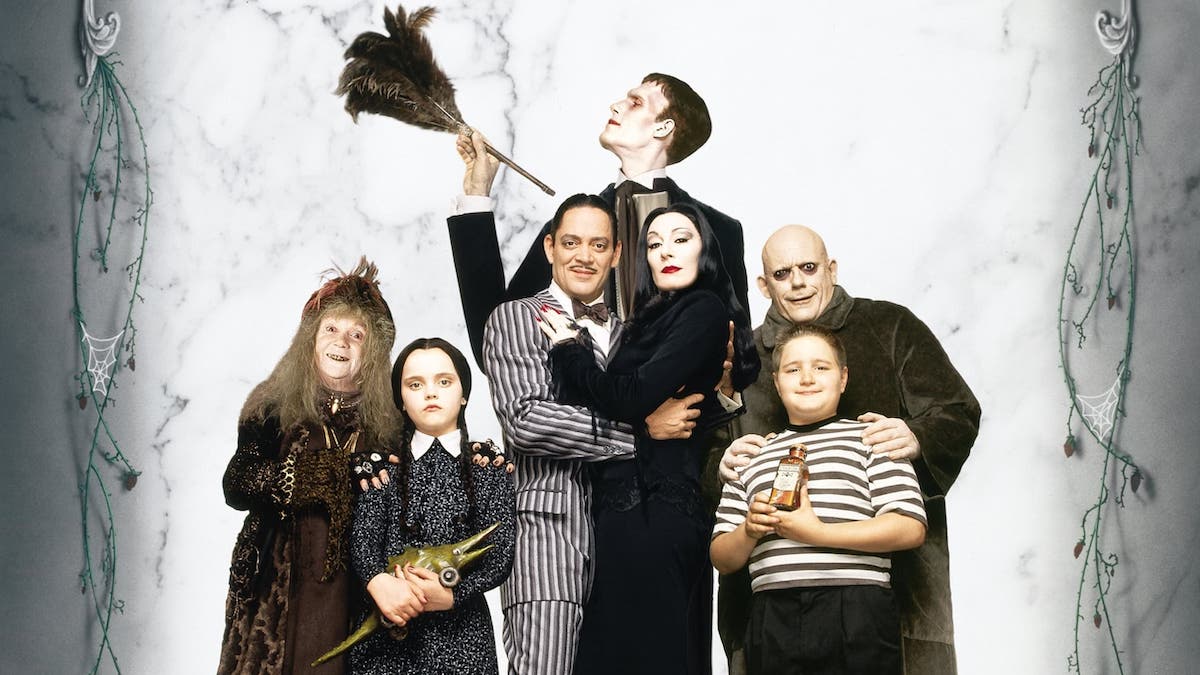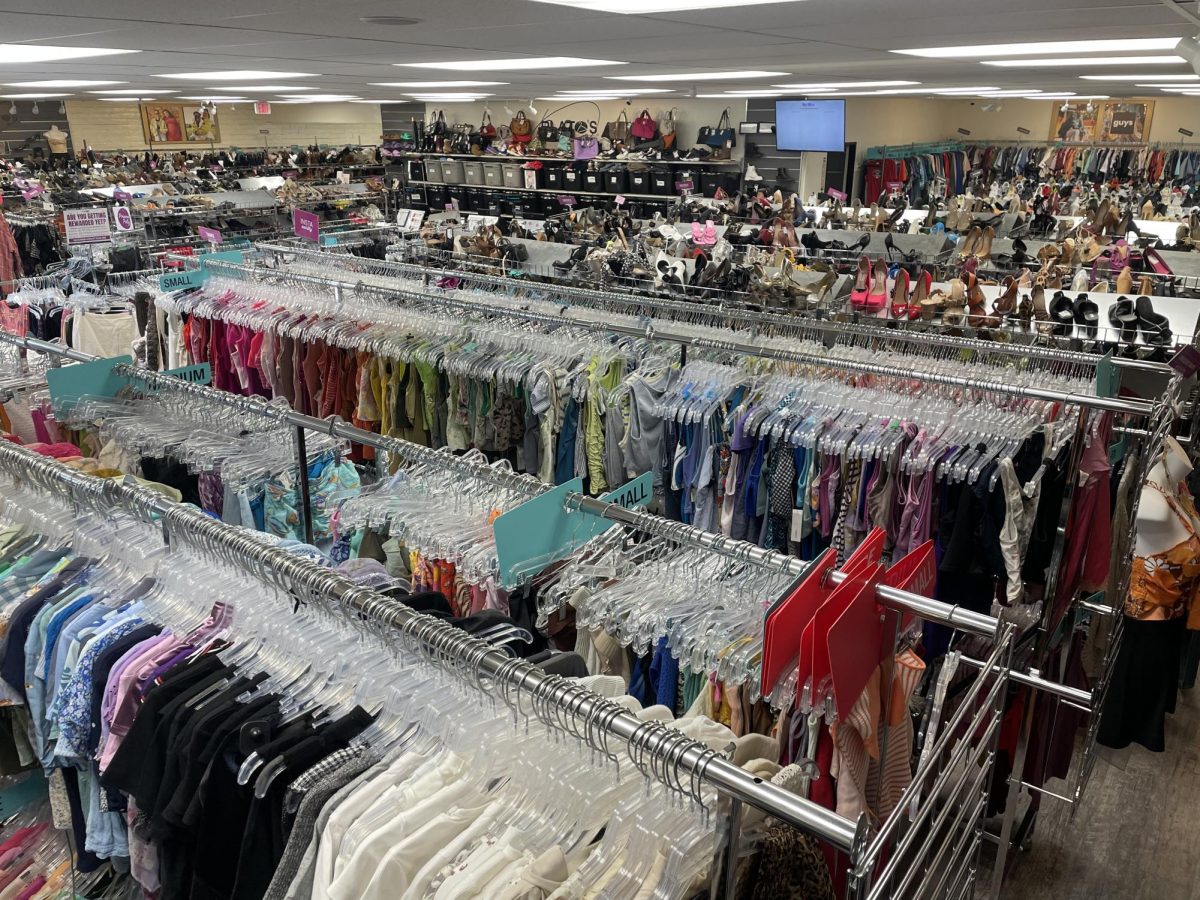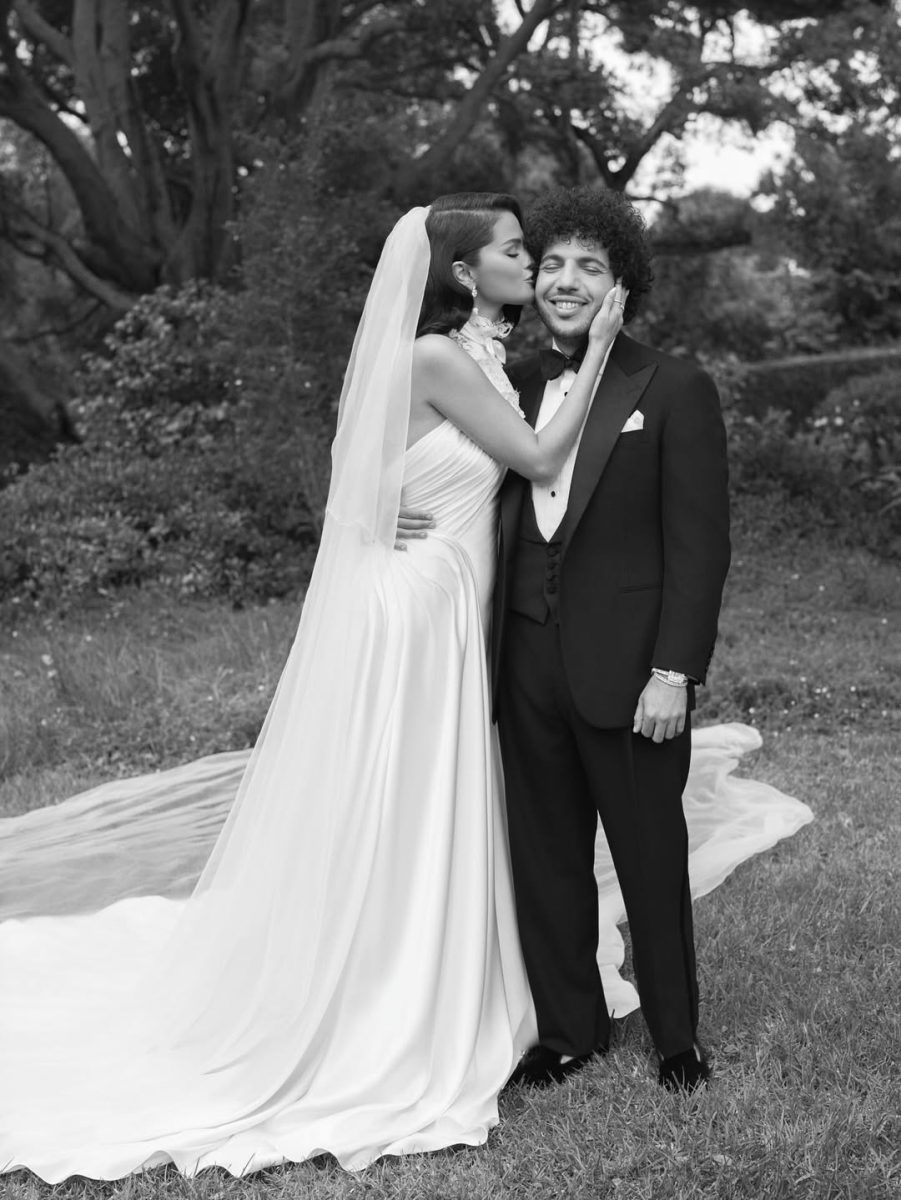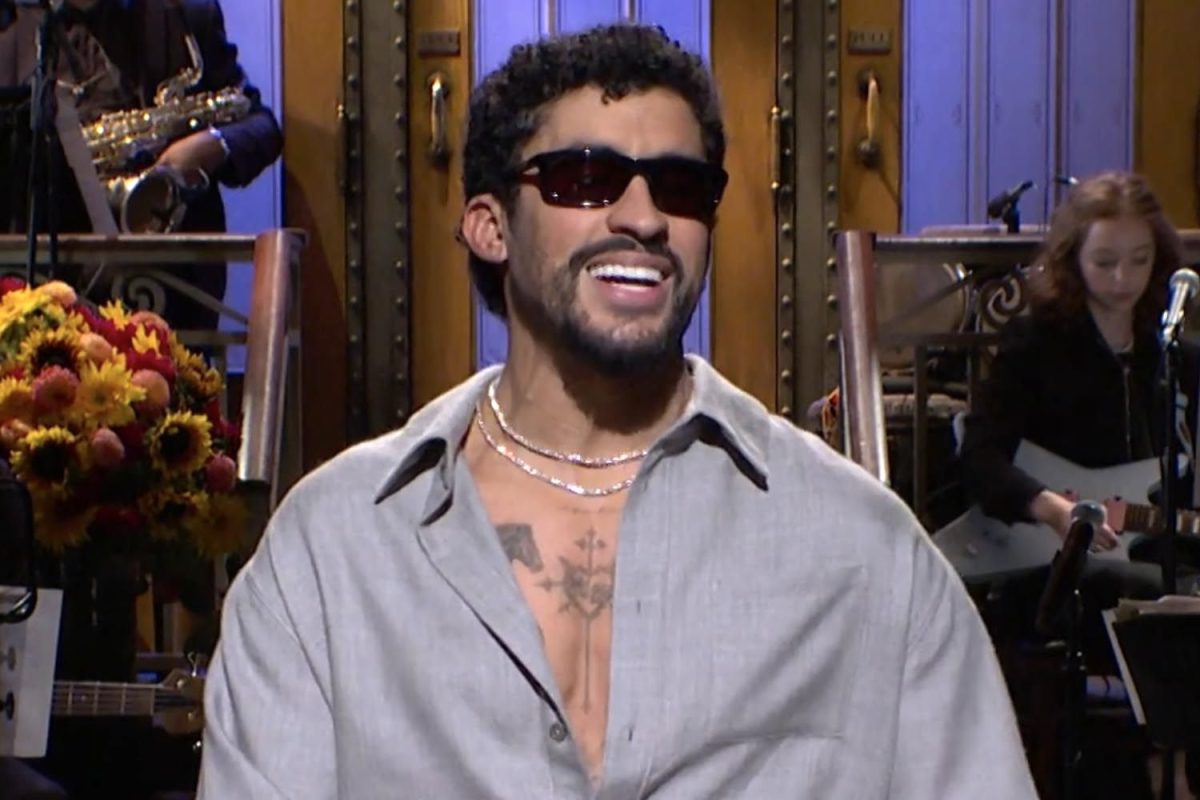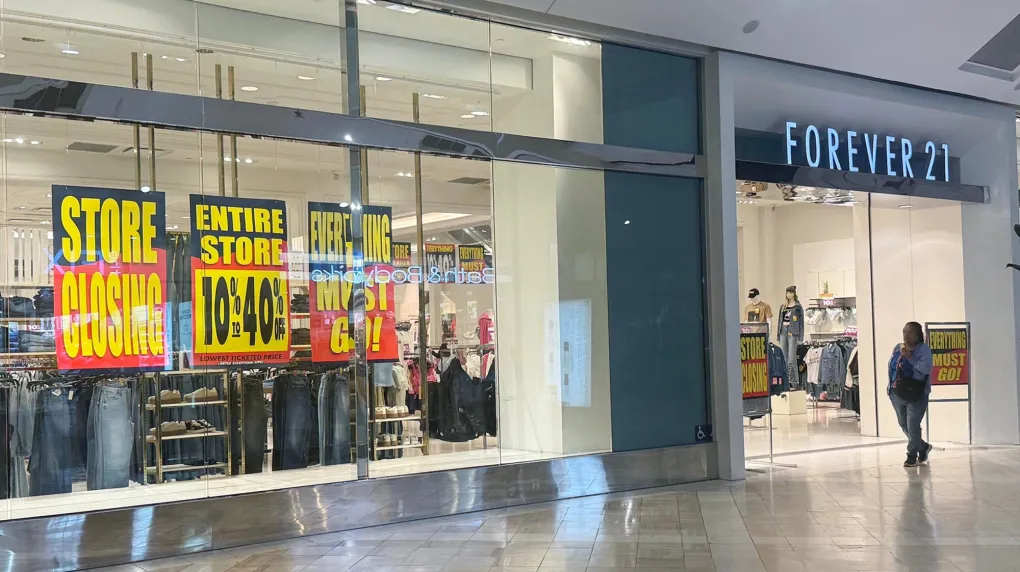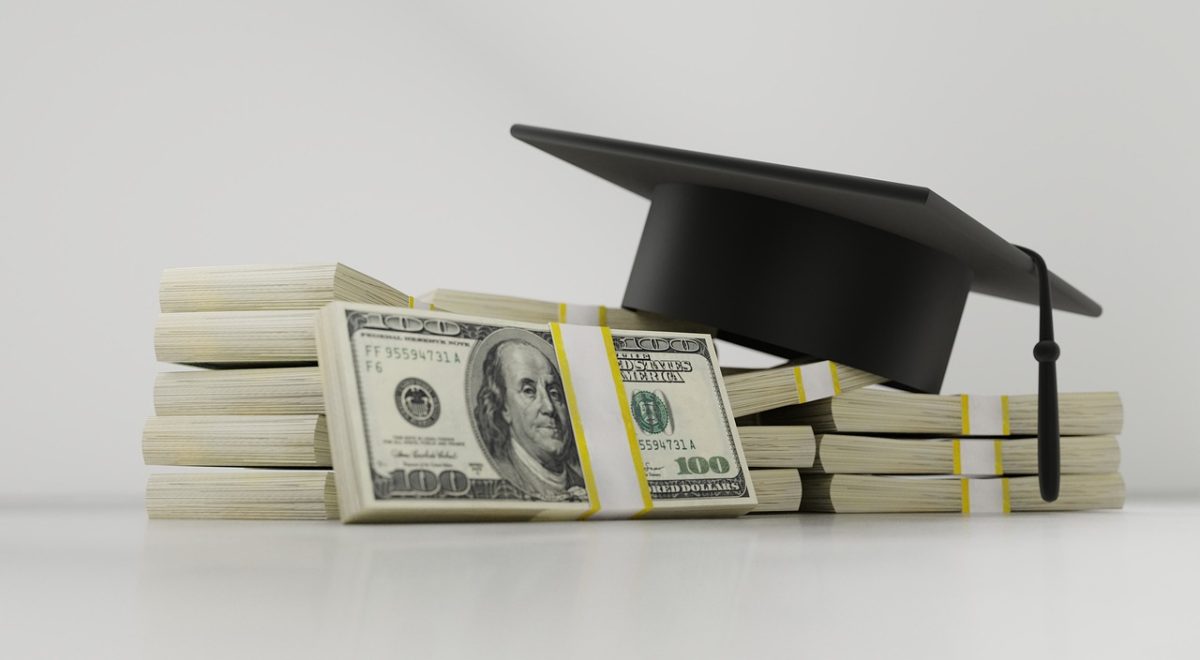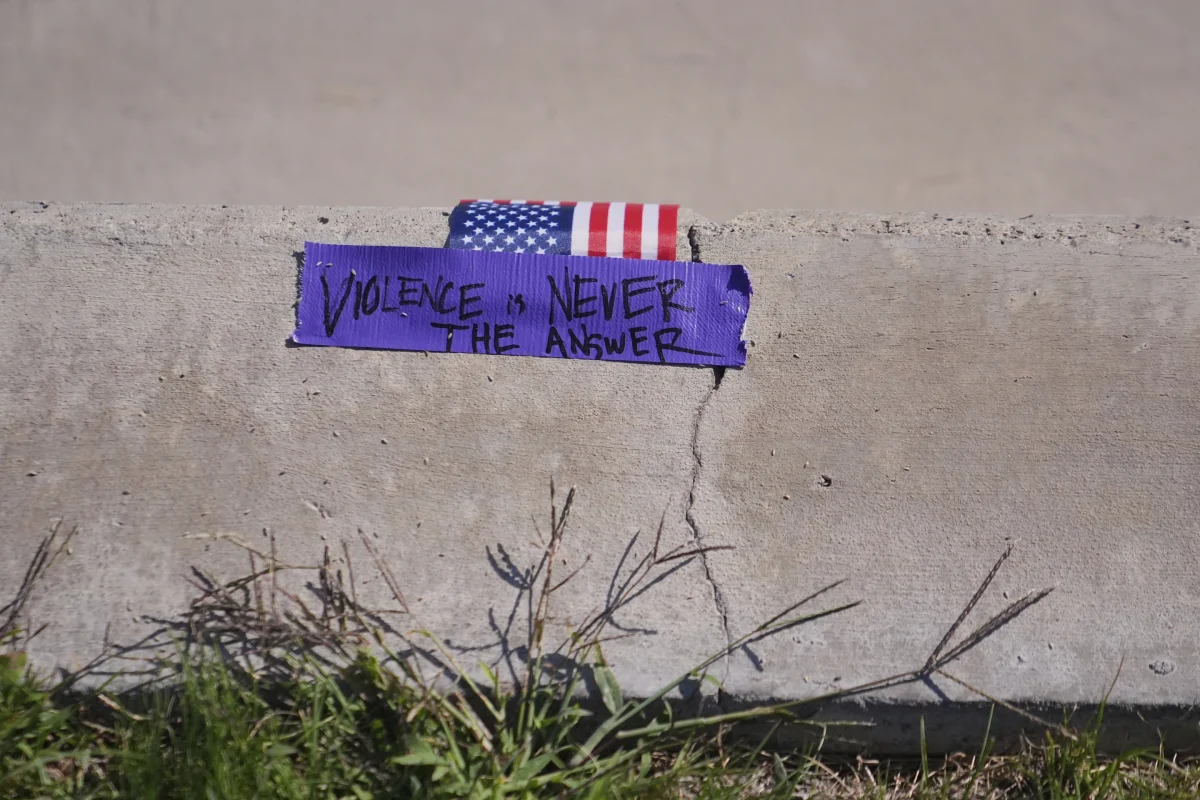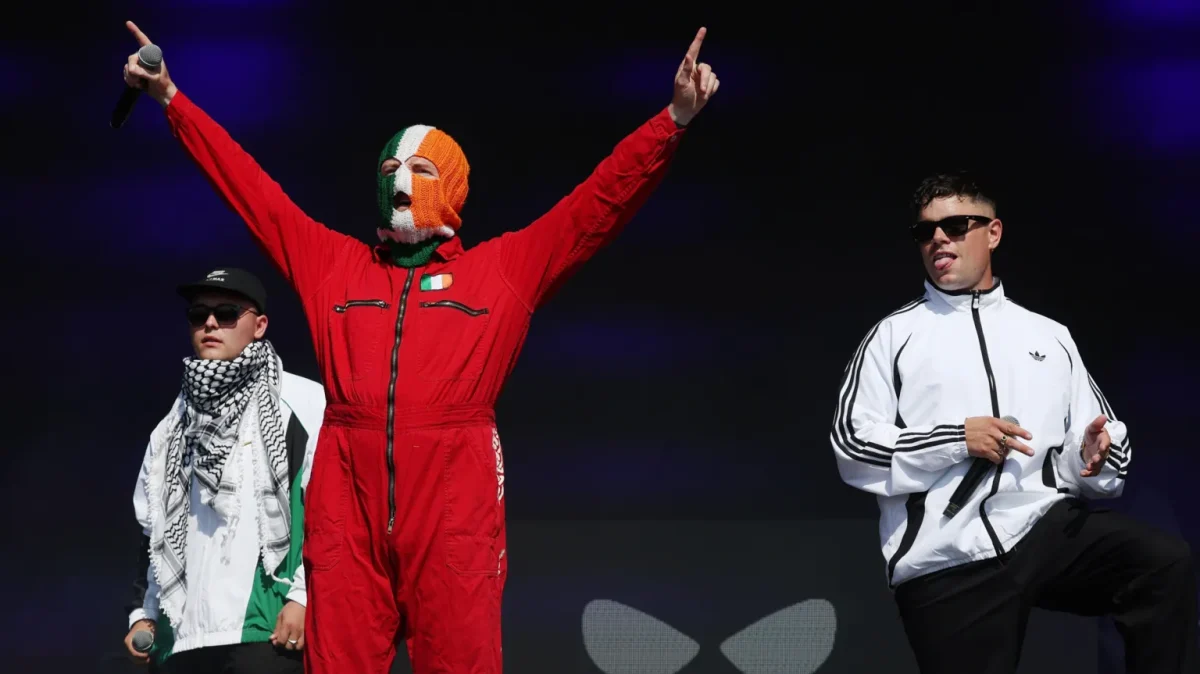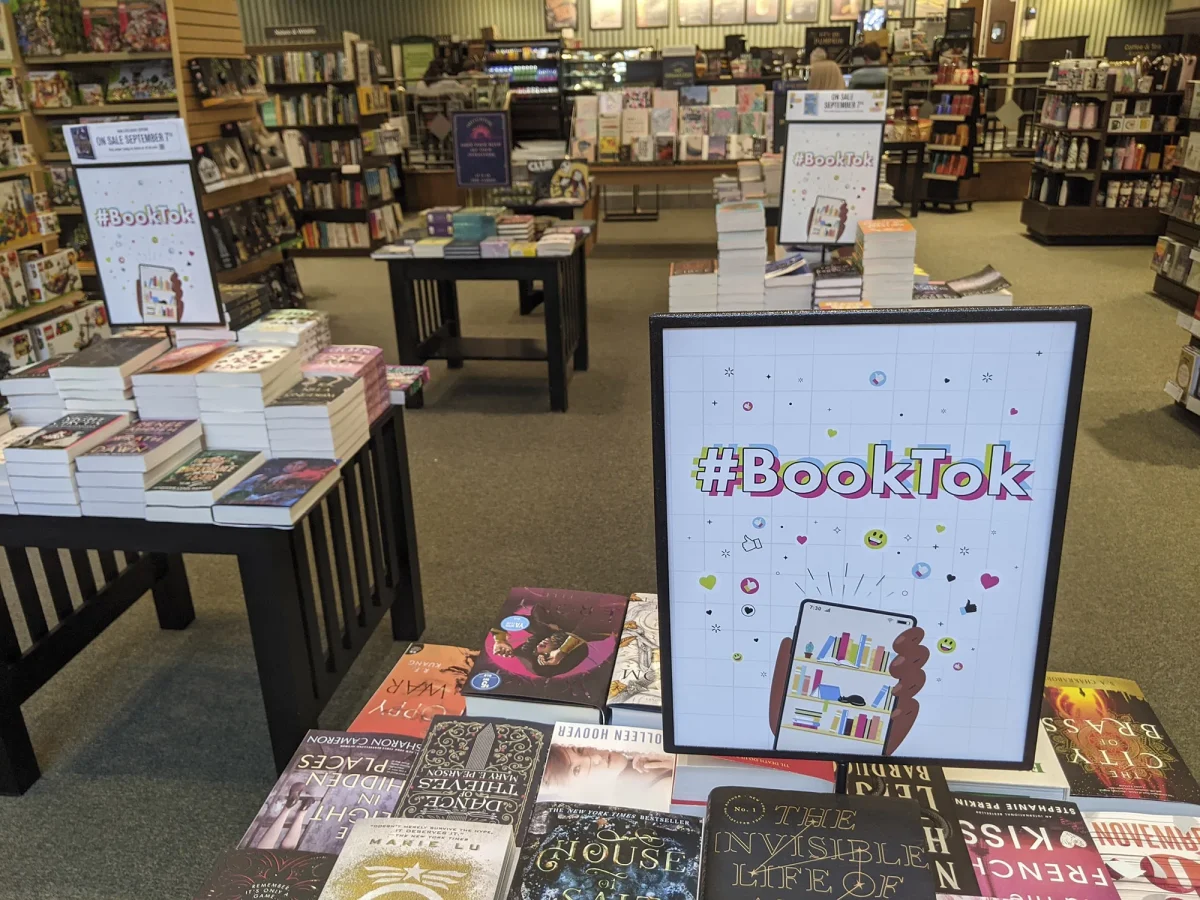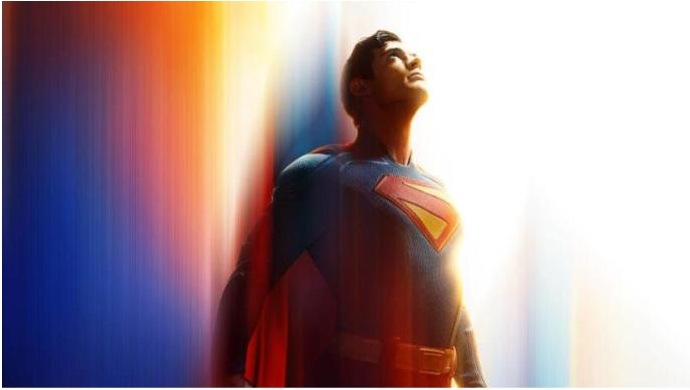The year is 1993 and Kurt Cobain, in an interview with his other bandmates in Nirvana, was just told that Madonna charges $50 to $75 for concert tickets. Kurt is — understandably — distraught at this news. For context, Nirvana charged $17 for concert tickets in 1993. In this interview, Cobain’s face when he heard the prices of Madonna’s tickets is very funny, but at the same time, sad.
Cobain took his own life in 1994, and Nirvana ended as a band, with drummer Dave Grohl and bassist Krist Novosleic going their separate ways. No one will ever know how much Nirvana would charge for ticket prices if they were still around today, however, Kurt’s disgust with prices in the 90s still lives on.
Enter Ticketmaster: a concert ticket buying-and-selling entity which existed in 1993 and still exists — haunting consumers — to this very day. Taylor Swift, one of the biggest artists of our time, has ticket prices that go for an average of $1,088 according to stats from StubHub.
It is inexcusably getting harder and harder for the average person to witness their favorite artist live. This is due to an increase of two things: scalpers being more prevalent and an excessive increase in demand to go to these shows.
Scalpers, in short, are both internet bots and real people poised to nab concert tickets for their original prices and re-sell them for an exorbitant upcharge. The increase in demand is due to a myriad of things, including people wanting to go to concerts again after the 2020 lockdowns and the increase in the popularity of concerts due to platforms such as Tik Tok.
So, what now? Do we have to suck it up and pay outrageous prices and fees to see our favorite artists live? Well for now … yes.
There are efforts from the United States Congress to keep companies like StubHub and Ticketmaster in check by making certain concert fees and price gouging illegal. But longshots like these are, well, longshots. We do not know whether these late-to-the-party intervention by our federal government will work or not.
In my personal opinion, I think the government should stay out of this one. I say let it burn. In my own selfish way, I think that because this concert ticket situation is so undeniably unstable — we should maybe just not buy tickets to these shows.
What is the solution? It is pretty simple … SUPPORT LOCAL AND INDIE ARTISTS FOR GOODNESS SAKE.
No one ever thinks to support small artists anymore. Much like ticket prices, it is similarly more and more expensive for smaller artists to go on tour nowadays. They hardly make any money from the venue or performing, so the majority of the money small artists make on tour comes from merchandise sales.
According to L’Rain, an indie musician from New York, venues sometimes mooch off of merch sales as well — making it even harder for smaller artists to turn a profit.
“…oftentimes the venue will also take a cut of the merch sales even if they are not selling it” L’Rain posted on X.
What can the consumer do about all of these issues? The simple answer — yet again — is to unconditionally try to support smaller and local acts live on stage by buying tickets and merch — lots and lots of merch.
For me, my rule is that I never spend more than forty dollars on a ticket. A lot of the best concerts I have ever been to (Black Midi, Underscores, Ethel Cain and L’Rain) cost me less than 30 dollars per ticket — often on the lower side.
As well as costing less, these artists usually interact with the audience on a more intimate level, making the show more personal to the viewer. You sometimes even get to talk to these artists after their show and get to know them better. Some of my favorite people I have talked to at shows have been the artists themselves.
So please, instead of buying that $300 Charli XCX, Foo Fighters, Metallica or Coldplay ticket — support the little guy. Who knows, you might even like them better.



